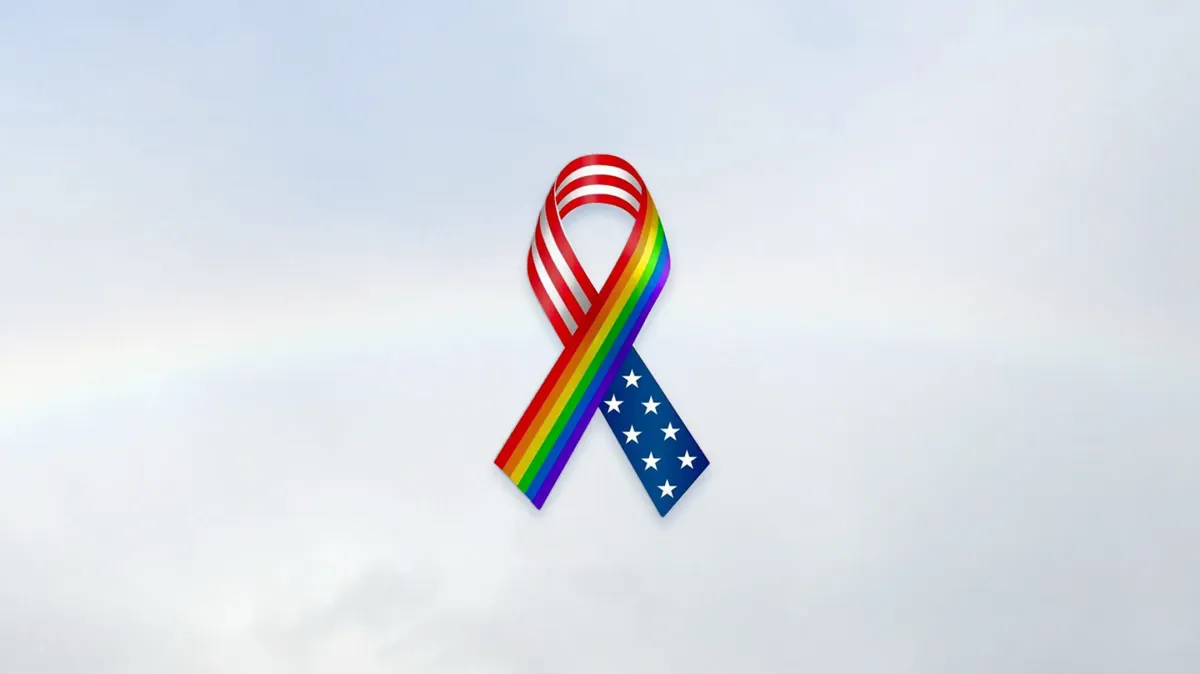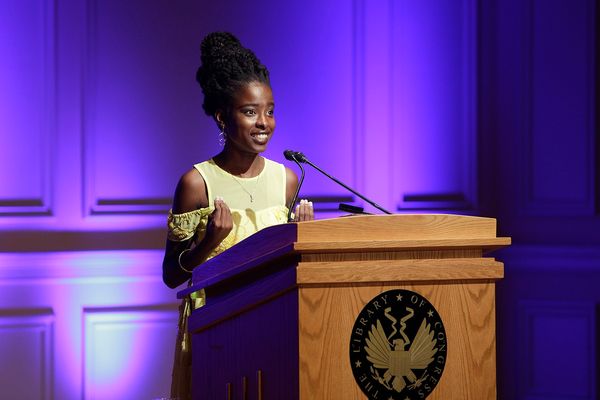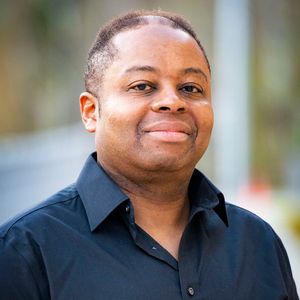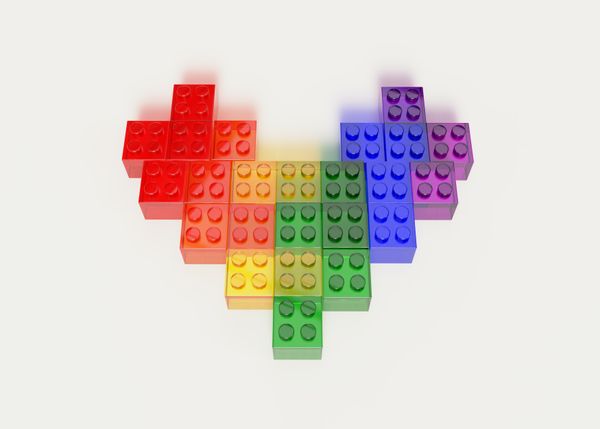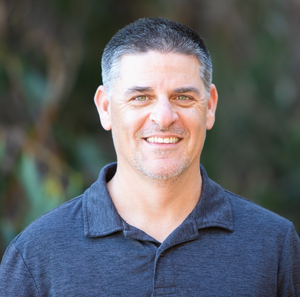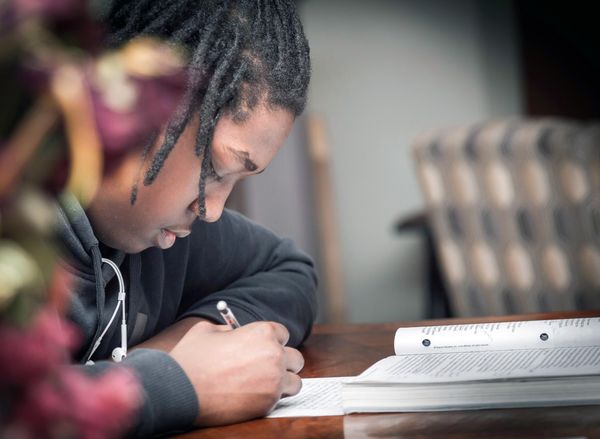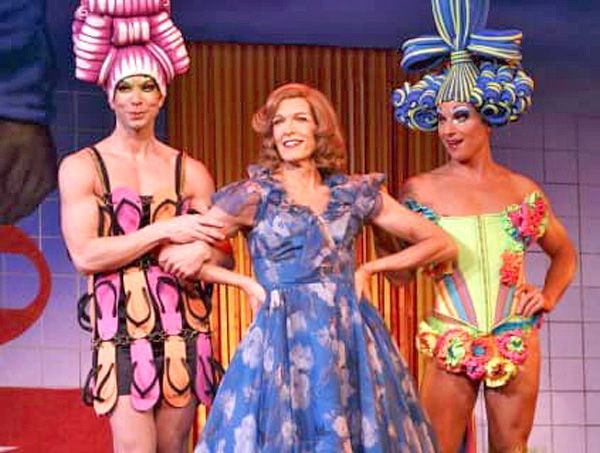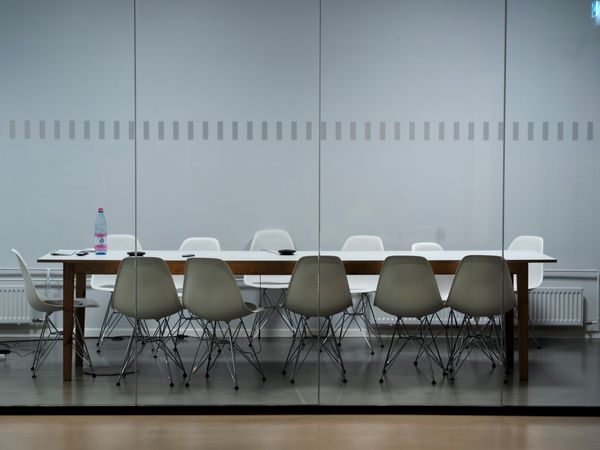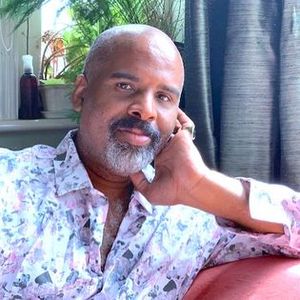For me, viewing televised reports of mass murders and terror attacks had become, dare I say, commonplace. Yes, a detached sadness accompanied watching those tragedies, but those events happened in other cities. Disasters like that could never happen in my hometown. But on June 12, 2016, that all changed when forty-nine victims were brutally murdered, the gunman killed, and scores more injured at Pulse, an LGBTQ nightclub five minutes from downtown Orlando and roughly fifteen minutes from my home. Terror happened practically in my backyard.
The profound loss of life and heart-rending grief of the Pulse massacre have become an indelible part of our city’s history. In some ways, Orlando is a big city. After all, it’s home to state-of-the-art theme parks, world-class resorts, and a hospitality industry that is second only to Las Vegas in revenue. And in other ways, compared to other major American metropolitan areas, Orlando is very much a sprawling small southern town with a rural mentality. (Read into that what you will.)
So to have an incident of this nature happen here, shook me to my core. But Orlando’s united response of love and support for the victims’ families, loved ones, and the LGBTQ and Latino communities have also become a part of the fabric of central Florida.
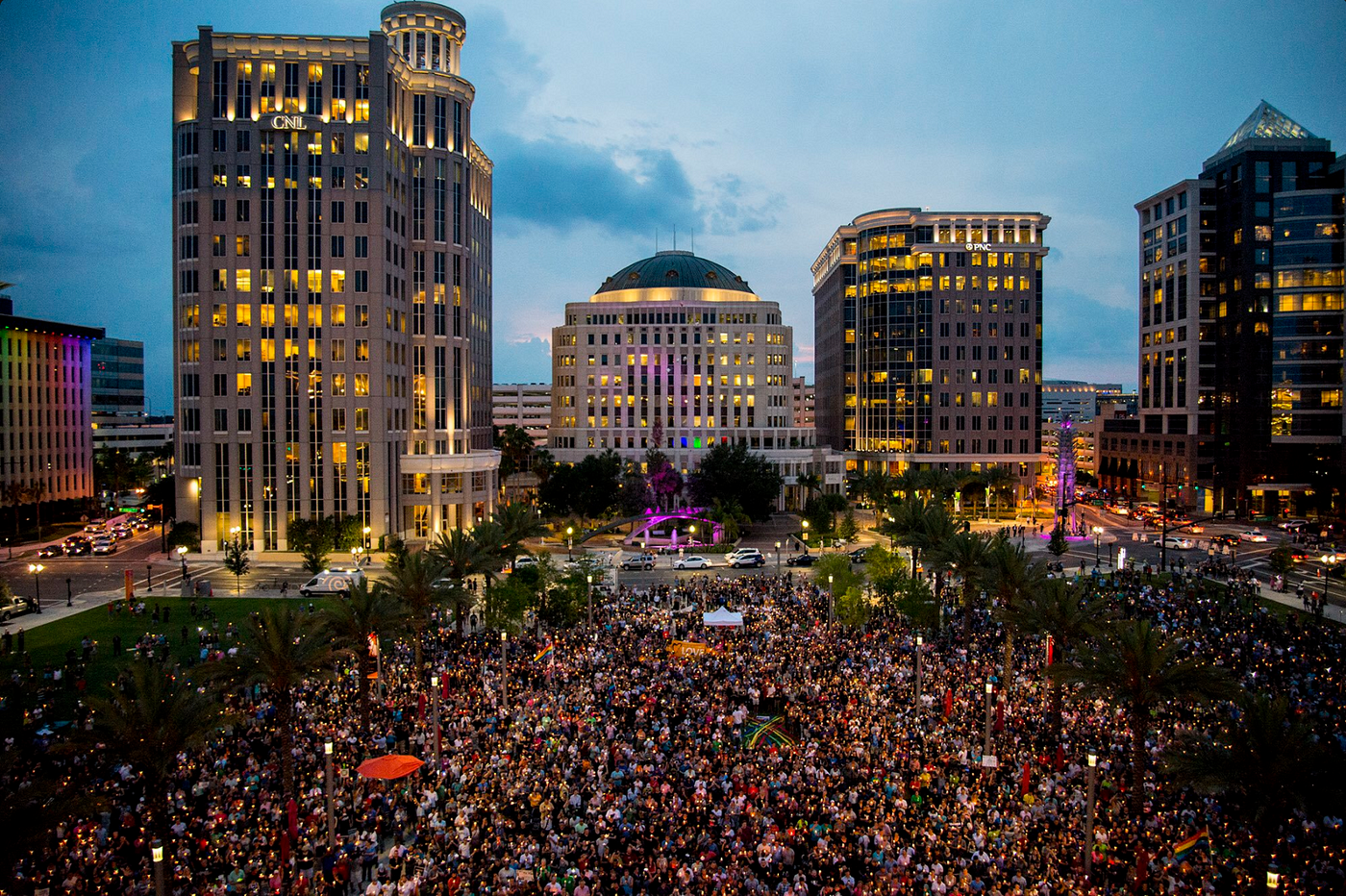
To mark the first anniversary of the Pulse massacre and honor the victims, the Episcopal Diocese of Central Florida hosted a candlelight service for the community at large, entitled “A Vigil in Remembrance of Pulse,” on Sunday, June 11, at 5:00 p.m., at the Cathedral Church of Saint Luke.
Parishioners, visitors, and city officials braved thunderstorms of near Biblical proportions to fill the Cathedral. The theme of the service, from beginning to end: God’s love and its power to conquer hate. Tomas Albinoni’s Adagio in G Minor set an appropriate mood of reflection. The Orlando Gay Chorus performed three uplifting and musically diverse selections. My personal favorite was the rousing rendition of the spiritual, Ev’ry Time I Feel the Spirit (arranged by Moses Hogan).
Other participants in the vigil included organists, soloists; bagpipers from the Orlando Fire Department, the Orange County Sheriff’s Office, and Rosie O’Grady’s Pipeband; City Commissioner Robert Stuart and other city officials, guest clergy, and the combined voices of the Chancel Choir of First United Methodist Church of Orlando and our own Cathedral Choir.
The welcome address given by the Cathedral’s dean recalled the heroism of first responders, the grace extended by those in the immediate area in aiding those in need at the time of the shooting, and the kindness extended by everyday citizens immediately after the shooting and during the subsequent weeks. It was no secret to anyone in Orlando that Pulse was an LGBTQ bar, and well, as a gay man in what I thought was a relatively conservative town, the overwhelming outpouring of emotional support from individuals, churches, and donations totaling millions from local businesses to a fund for the victims’ families, the injured, and their loved ones was mind-numbing.
But back to the vigil . . .
While I have many friends in both the LGBTQ and Latino communities, I didn’t know anyone who lost their life or was injured. And so I was beyond surprised at how quickly my own feelings of grief and loss on behalf of others bubbled up to the surface during the vigil. After the service, one of our deacons, who went directly to the hospital to provide grief counseling the night of the shooting, explained it to me this way—
. . . the majority of those killed were in their early twenties. They were just starting to live, they were beginning to figure it out, and their lives ended before they had a chance to do so. You got to do that. You had the opportunity to figure it out and live. You can appreciate the opportunity they weren’t able to have.
Makes plenty of sense to me.
Blame it on the scripture readings interspersed with anthems and hymns (all presented in English and Spanish) that spoke of God’s love for us, his promises to comfort and provide, and Christ’s command to love one another, but I was a mess. Not an “ugly cry” mess, but tears welled up in my eyes.
Our bishop has a gift for delivering messages that cut straight to the heart of the matter. He doesn’t dilly-dally with a whole lot of pretense or set-up. It’s like he knows he’s got x-amount of time and packs as much meaning and relevance as he can in every second allotted to him. Don’t get me wrong, he’s not a bull in a china shop with his sermons. His messages are consistently succinct calls to action that challenge us to love in a manner worthy of the moniker “Christian.”
Okay, so his message focused on how forgiveness and compassion are at the heart of God’s love, even in the face of acts of abject degradation, and challenged me to step out of my comfort zone and strive to make my own expressions of love for my fellow man and woman more like Christ’s. And the bishop went all the way there when he asked, “Would it have been better for the victims if they had been killed in a straight bar?” His question was directed at those who would take issue in coming to the aid of those who consider LGBTQ people as the “other.”
Between the subsequent reading of the forty-nine victims’ names, the lighting of hundreds of candles along the chancel rail, ethereal selections by the choirs (including Let There Be Peace on Earth), a communal reading of the prayer attributed to Saint Francis of Assisi:
Lord, make me an instrument of your peace:
where there is hatred, let me sow love;
where there is injury, pardon;
where there is doubt, faith;
where there is despair, hope;
where there is darkness, light;
where there is sadness, joy.
O divine Master, grant that I may not so much seek
to be consoled as to console,
to be understood as to understand,
to be loved as to love.
For it is in giving that we receive,
it is in pardoning that we are pardoned,
and it is in dying that we are born to eternal life.
Amen.
—and with a final blessing from the dean, the vigil proved to be an inspiring celebration of life via music, prayers, and readings, not a wretched wringing-of-hands fest.
As far as I’m concerned, the citizens of Orlando are of the mindset that our town will not be remembered for the act of hatred committed by one individual. We want our city to be remembered for acts of love that continue to conquer hate.
Love one another.


